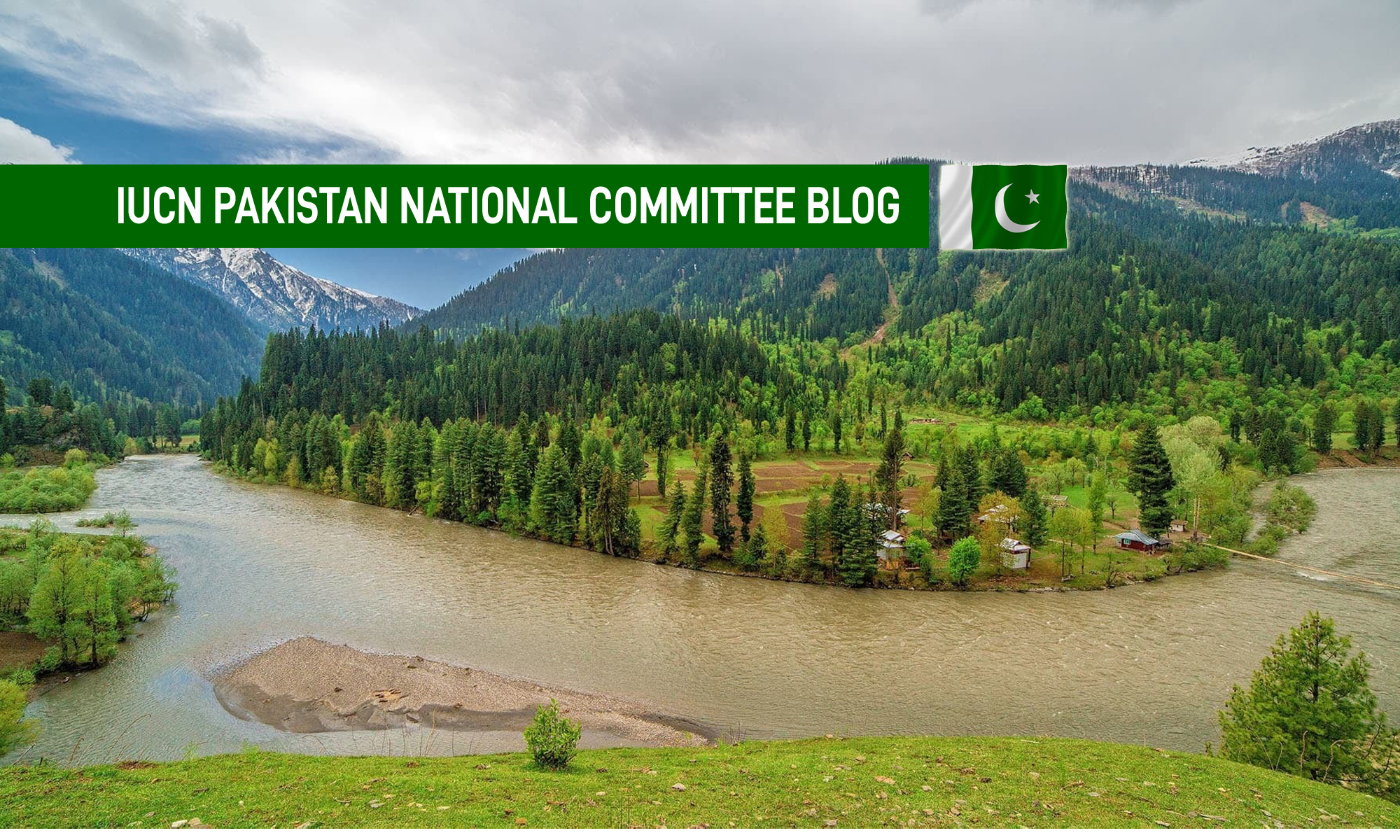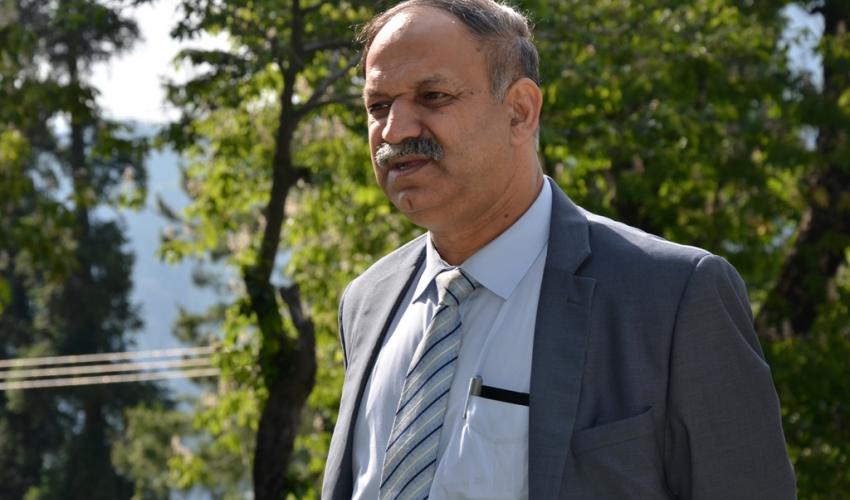What a coincidence that both days are important and both have come together this year. Forest and Water both are important and essential to keep the cycle of life running on earth.
The theme for the International Day of Forests is “Forest restoration: a path to recovery and well-being” and the theme for World Water Day is: “Value Water”. It is unfortunate that Pakistan has one of the lowest levels of forest cover in the region and well below the 12% recommended by the United Nations.
COVID-19 is a reminder that approximately 70 per cent of emerging infectious diseases, and almost all recent epidemics, originated in animals, especially wildlife. Nearly a third of emerging infectious diseases are linked to land-use change, such as deforestation.
Given the effects of the COVID-19 pandemic the theme for this year’s celebration is “Forest restoration: a path to recovery and well-being”. The COVID-19 – a pandemic that began as a global health emergency has quickly become a human and socioeconomic crisis. This is where forests and forest restoration become important.
I am happy to note that before taking the control of the federal government under the leadership of Mr. Malik Amin Aslam and the patronage of the honorable Prime Minister the Billion Tree Tsunami project had already received the international recognition by Bonn Challenge for surpassing the target.
Presently the 10 Billion Trees Tsunami Programme is being implemented in the country. It is a five-year Programme. With an exceptional track record of the present leadership, I am sure we are going to meet this target as well.
The increasing role of the non-traditional players like Pakistan Navy and Private Sector entities towards afforestation is commendable. Pakistan Navy has planted around 3 million mangrove plants and the Karachi Conservation – a business and biodiversity platform established by IUCN comprising private sector companies – has planted one million mangrove plants in the near past.
IUCN is also a partner in the project titled “Reversing deforestation and degradation in high conservation value chilgoza Pine Forests in Pakistan” is a Global Environment Facility (GEF)-funded FAO implemented programme. IUCN is responsible for the “Restoration Opportunities Assessment Methodology” for Forest Landscape” and also for developing the management plan for the Chilgoza Pine Forests.
The Sustainable Forest Management (SFM) project is funded by the Global Environment Facility (GEF) and is jointly implemented by the United Nations Development Programme (UNDP), the Ministry of Climate Change, IUCN Pakistan and the provincial Forest and Wildlife Departments of Khyber Pakhtunkhwa, Punjab and Sindh.
Taraqee Foundation – an IUCN Member organization that is carrying out massive plantation campaign in Balochistan’s different districts. It is also being linked with the 10 Billion Trees Tsunami Programme. I am proud to say that IUCN Pakistan is part of this mega proramme.
To reverse the situation in Pakistan on Forests Front we need appropriate measures to increase the forest cover in the water sheds and rangelands and we are fortunate that our government is on the right track, but cannot tackle this massive challenge on its own. Each and every citizen needs to come forward to help government in increasing the forest cover in the country through Urban, Commercial and Natural Forestry.
On the water front Pakistan is facing a serious threat. Therefore, the theme of the World Water Day: Valuing Water and the water situation demand that we start valuing water now, otherwise it would be too late.
Pakistan has the largest irrigation system in the world. In the recent past it had abundance of water melting from glaciers and irrigating the fields in the valleys and plains. The excess water used to be released to the sea which benefited in the marine life, due to expansion in the agricultural lands and reduction in the water flow the situation has worsen. Besides, the glaciers are receding fast.
With the increasing population and expanding industrialization the consumption has increased manifold. Pakistan has already in the water stressed zone, but unfortunately the way we are using water is also really irresponsible. Being an agri-based country, we are also facing economic loss due to reduction in the water flow.
Water conservation and an access to clean water drinking water to every person need to be tackled at the policy level. Besides, there is an urgent need to change the agricultural practices and the water conservation based on the Integrated Water Resource Management system.
It is expected that in the future water will be traded in the world, therefore the situation demands that government starts focusing on efficient water management and judicious use of water to maintain sustainable agriculture in the country in the future.
According to the United Nations, “the Human Right to Water and Sanitation is a principle that acknowledges that clean drinking water and sanitation are essential to every person’s life”. It is estimated that about 10% of global diseases could be prevented through safe water access and a widespread access to water provides a frontline defence against future pandemics like Covid-19.
I am pleased to note that the Prime Minister has launched an ambitious Clean Green Pakistan Index that will provide public access to drinking water and safe sanitation, this initiative will also be implemented under the able leadership of Mr. Malik Amin Aslam. With this track record of the government, we are expecting even greater results in the future.
To improve the situation on the forests and water fronts, a collective effort is required by the government and each individual without which the goal cannot be achieved.
THANK YOU.










